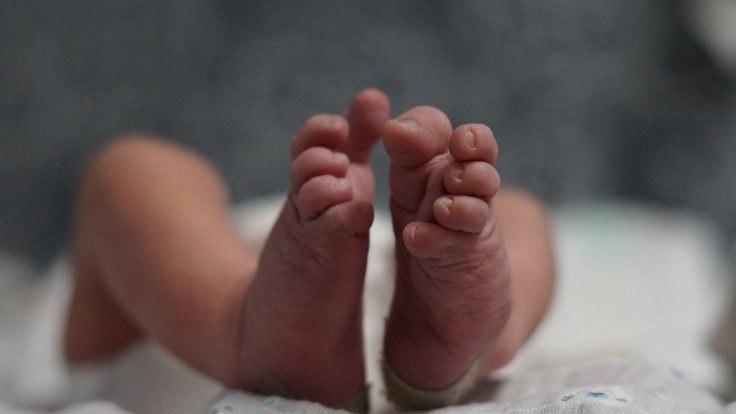Fed Up With Constant Breastfeeding, Mother Kills Toddler Son By Banging Him Against Floor
A woman in India has allegedly killed her 2-year-old son after being fed up with his constant demand to be breastfed.
The incident took place in Korba, a district in the northern state of Chhattisgarh, Wednesday. The woman, whose identity was not revealed, banged the toddler against the floor of her home several times, leaving him with serious head injuries. The toddler was rushed to a local hospital where was declared dead on arrival, reported The New Indian Express.
Police were informed about the incident, after which an investigation was launched. Authorities found that the woman killed the child in a fit of rage as she was annoyed by the child's demand to be breastfed. It was also revealed that the woman suffered from mental health issues and was undergoing treatment.
"As per preliminary investigation, the police have learnt that since 2014, the woman was suffering from a psychological problem and was under-treatment. The police have detained the woman and questioned her," Outlook quoted a police officer as saying.
A case has been registered against the woman under relevant provisions. However, it remains unclear whether anyone else was present at the residence when the incident took place.
A study by UNICEF revealed that Indian parents use 30 different forms of physical and verbal abuse on kids up to 6 years old as part of their efforts to discipline their children.
Moreover, a study conducted in various districts in the states of Madhya Pradesh, Chhattisgarh, Odisha, Rajasthan and Maharashtra in 2019 showed that punishment is still seen as "a widely accepted method to discipline children for both boys and girls in families, schools and at the community level for both girls and boys."
"The various forms of violence against children includes physical violence (burning; pinching; slapping; beating with implements like stick, belts, rods) verbal abuse (blaming; criticizing; shouting; use of foul language); witnessing physical violence (towards one parent; towards siblings; outside the family) and emotional abuse (restricting movement; denying food; discrimination; instilling fear)," Yasmin Ali Haque, UNICEF Representative in India, said as per The New Indian Express.
According to Haque, children are more likely to experience violence, abuse and neglect amid the pandemic since families are having a hard time coping with the challenges.






















